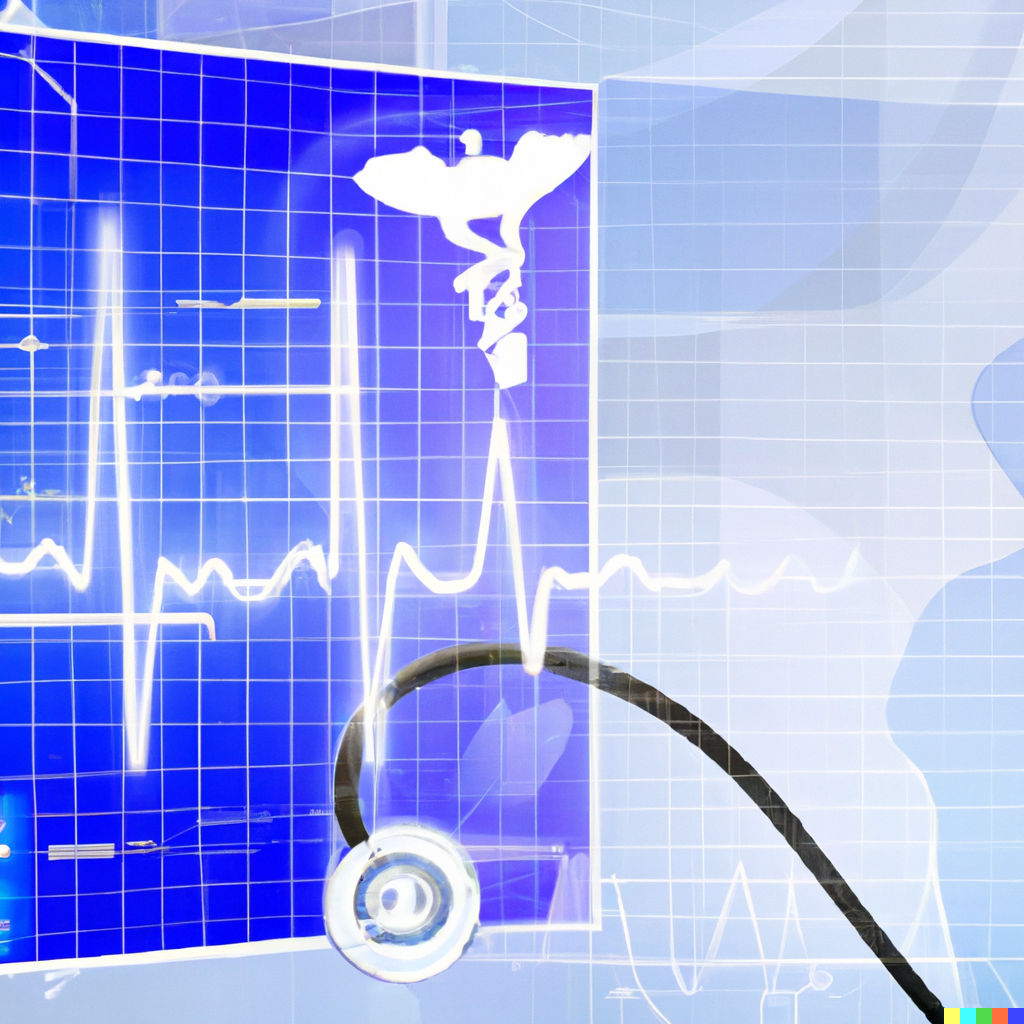July 30 | Medical Technology MedTech

The field of medical technology, often referred to as MedTech, encompasses a vast array of healthcare products that are used to diagnose, monitor, and treat diseases and medical conditions affecting humans. From the simplest bandages to the most sophisticated imaging systems, MedTech is revolutionizing healthcare by improving patient outcomes, reducing costs, and enhancing the efficiency of healthcare delivery. This blog will explore the advancements in MedTech, its impact on patient care, and the future trends shaping this dynamic field.
MedTech has evolved significantly over the years. Historically, medical tools and techniques were rudimentary, with treatments based largely on trial and error. The 20th century saw the advent of significant technological advancements, including the development of antibiotics, the introduction of imaging technologies like X-rays and MRIs, and the creation of minimally invasive surgical techniques. Today, the MedTech industry is experiencing an unprecedented period of innovation, driven by advances in digital technology, artificial intelligence (AI), and biotechnology.
Diagnostic Technologies
Modern diagnostic tools are enabling earlier and more accurate detection of diseases. Innovations such as advanced imaging systems, genetic testing, and molecular diagnostics are crucial in identifying conditions at a stage when they are more treatable. For example, liquid biopsies, which analyze cancer-related biomarkers in blood, offer a non-invasive method for early cancer detection and monitoring.
Wearable and Implantable Devices
Wearable devices like fitness trackers and smartwatches monitor vital signs and physical activity, providing real-time data to users and healthcare providers. Implantable devices, such as pacemakers and insulin pumps, deliver continuous therapy and can adjust their functions based on the patient’s needs. These devices enhance the quality of life for patients with chronic conditions and enable proactive healthcare management.
Telemedicine and Remote Monitoring
The COVID-19 pandemic accelerated the adoption of telemedicine, allowing patients to consult with healthcare professionals remotely. Remote monitoring technologies enable continuous observation of patients' health status outside of traditional clinical settings, reducing the need for hospital visits and enabling timely interventions.
Robotics and Minimally Invasive Surgery
Robotic surgery systems, such as the Da Vinci Surgical System, offer surgeons enhanced precision, flexibility, and control during operations. Minimally invasive procedures result in smaller incisions, less pain, and faster recovery times for patients. These advancements are particularly beneficial in complex surgeries, such as those involving the heart or brain.
Artificial Intelligence and Machine Learning
AI and machine learning algorithms are transforming MedTech by analyzing vast amounts of data to uncover patterns and make predictions. These technologies are used in a variety of applications, including diagnostic imaging, personalized medicine, and drug discovery. AI-powered tools can assist radiologists in identifying abnormalities in medical images and help oncologists develop tailored treatment plans for cancer patients.
The advancements in MedTech have had a profound impact on patient care. Improved diagnostic tools lead to earlier detection and more effective treatment of diseases, resulting in better patient outcomes. Wearable and remote monitoring devices empower patients to take an active role in managing their health, fostering a shift towards preventive care. Minimally invasive surgical techniques reduce the physical and emotional burden of surgery, enhancing patient recovery and satisfaction.
Moreover, the integration of AI and machine learning in MedTech has the potential to democratize healthcare by making high-quality medical care more accessible. AI-driven diagnostic tools can be deployed in remote and underserved areas, where access to specialist healthcare professionals is limited.
Despite the numerous benefits, the rapid advancement of MedTech also presents challenges. Regulatory hurdles, data privacy concerns, and the high cost of development and implementation are significant barriers. Ensuring the interoperability of different devices and systems is crucial to maximize the benefits of MedTech. Additionally, the ethical implications of AI in healthcare, such as algorithmic bias and decision-making transparency, need to be addressed.
The future of MedTech is poised to be shaped by several key trends:
Personalized Medicine
Advances in genomics and biotechnology are paving the way for personalized medicine, where treatments are tailored to the individual characteristics of each patient. This approach promises to improve the efficacy of therapies and reduce adverse effects.
Internet of Medical Things (IoMT)
The IoMT refers to a network of connected devices that collect and transmit health data. This interconnected ecosystem will enable more integrated and efficient healthcare delivery, facilitating real-time monitoring and data-driven decision-making.
Regenerative Medicine
Techniques such as stem cell therapy and tissue engineering hold the potential to regenerate damaged tissues and organs, offering new treatment options for conditions that are currently untreatable.
Blockchain for Health Data Security
Blockchain technology can enhance the security and privacy of health data, ensuring that patient information is stored and shared securely. This will be particularly important as the volume of health data continues to grow.
Medical technology is at the forefront of a healthcare revolution, driving improvements in patient care, reducing healthcare costs, and enhancing the efficiency of healthcare systems. As technology continues to advance, the potential for MedTech to transform healthcare is immense. However, it is essential to navigate the associated challenges carefully and ensure that these innovations are accessible to all, promoting a healthier future for everyone.
By embracing the possibilities offered by MedTech, we can look forward to a world where healthcare is more personalized, precise, and proactive, ultimately leading to better health outcomes and improved quality of life for people around the globe.
SHARE THIS:
© Copyright 2026Global Tech AwardsAll Rights Reserved